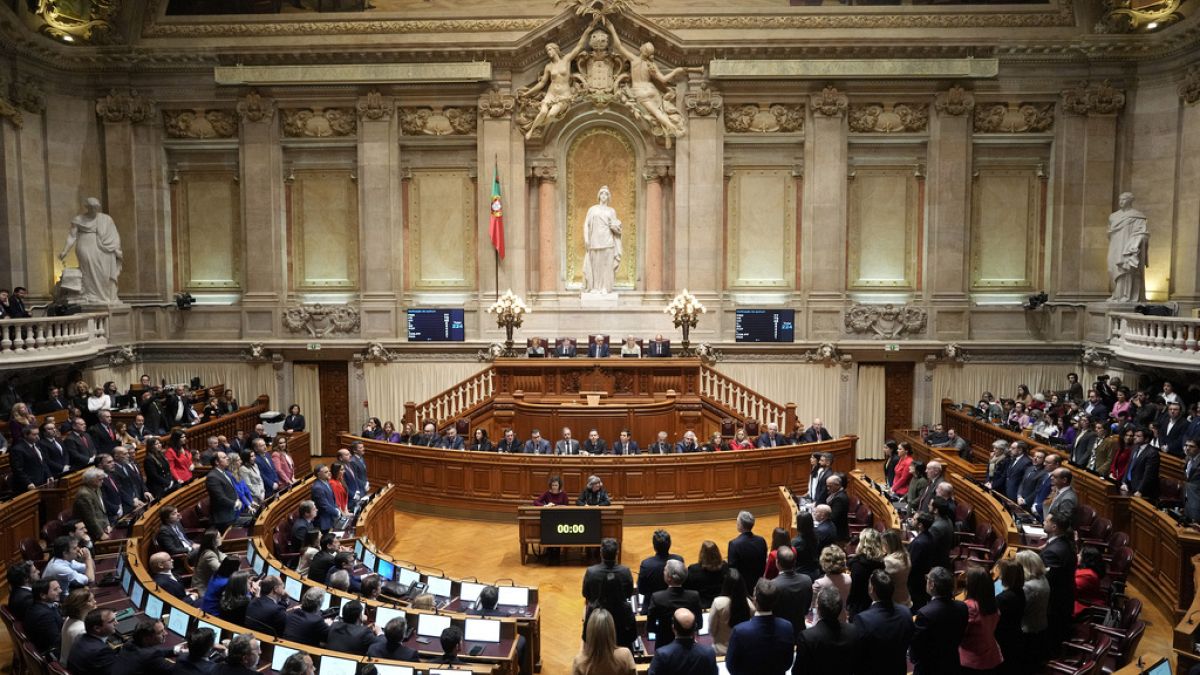

In a week marked by significant global developments, several countries have enacted changes aimed at creating a more inclusive and just society. From legislative reforms to collaborative international agreements, these strides reflect a concerted effort towards positive social change, emphasizing justice, equality, and cooperation.
In Portugal, the parliament made a substantial move by reclassifying rape as a public crime. This legislative change aligns Portugal with many European countries, enhancing the legal framework to ensure the protection and rights of individuals are better safeguarded. This decision was notably supported by several Socialist Party members despite the party’s abstention on some proposals, indicating a broad commitment across political lines to address and rectify issues of such gravity. The reclassification signals an important shift in recognizing the severity of such crimes and the inherent need for accountability, providing a hopeful pathway for victims seeking justice.
Across the border in Spain, another landmark decision was reached concerning environmental justice. A court ruling found a pig farm culpable of megapollution that breached the human rights of local residents. This unprecedented legal decision underscores the vital connection between environmental management and human rights protection. For the affected community, it promises a renewed connection with their natural environment, transforming an area of contention into a potential haven for leisure and daily life. The ruling not only marks a victory for environmental advocates but also reinforces the importance of a legal system responsive to the rights and well-being of the populace.
In a cooperative initiative, the UK and France unveiled a pilot scheme designed to address and manage Channel crossings more humanely and effectively. France has agreed to accept returned migrants, while the UK will take in an equivalent number of asylum seekers with family ties in the country. This mutual understanding aims to streamlines pathways for asylum while addressing humanitarian and legal concerns. Such cooperation highlights the importance of collaborative international efforts in solving complex and sensitive issues like migration, promising a balanced approach that respects the human dimension of migration concerns.
Meanwhile, a concerning development has emerged regarding the criminalization of high-risk HIV groups. A report by UNAids highlighted a troubling increase in countries imposing punitive laws against LGBTQ+ communities and others at higher risk of HIV. This rise in criminalization poses a challenge to the global progress made in combating the AIDS epidemic. With the added complexity of potential funding cuts from the U.S., there is an urgent call to action for maintaining support and protection for these communities. Upholding dignity and care for marginalized groups is essential in continuing the fight to end the AIDS epidemic globally.
In Bangladesh, a recent decision reflects a commitment to modernizing official protocols and addressing gender equity. The caretaker government, led by Nobel laureate Muhammad Yunus, has overturned the outdated practice of addressing female officials as “sir.” This change marks a cultural and administrative shift towards acknowledging and respecting gender distinctions in professional settings. It serves as a symbolic rejection of past practices under former leader Sheikh Hasina and paves the way for greater gender sensitivity and inclusivity in governance.
Collectively, these stories from across the world demonstrate a shared global momentum towards addressing deep-rooted societal issues. Through legislative reforms, environmental justice, international cooperation, and cultural shifts, the path forward seems marked by a continued pursuit of justice, equality, and mutual respect. By recognizing and responding to the needs and rights of individuals, communities, and the environment, these measures reflect a hopeful blueprint for mindful progress and inclusivity in the global arena.
Source: {link}
